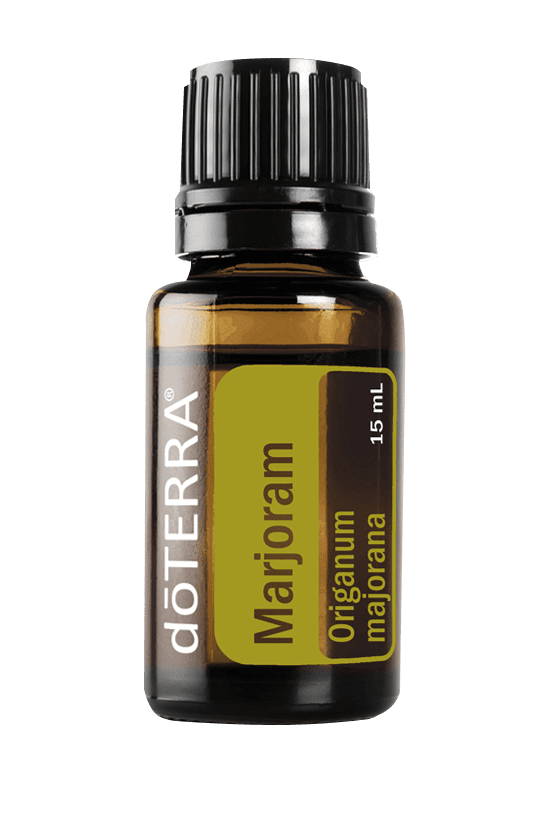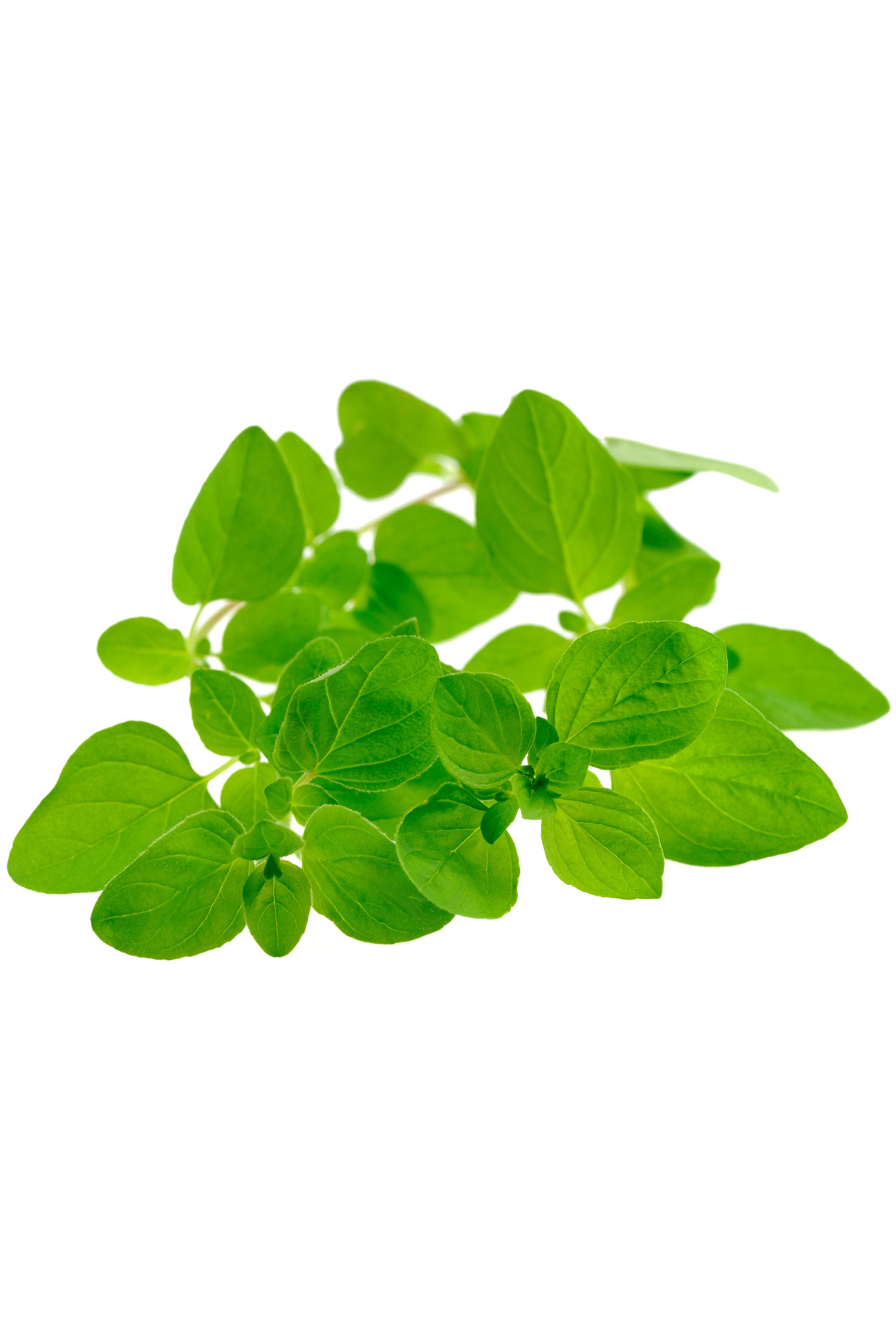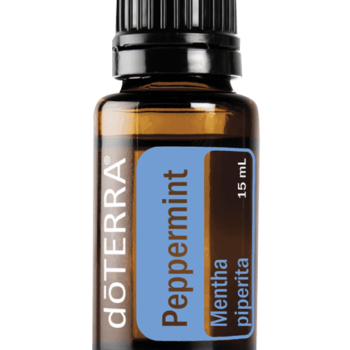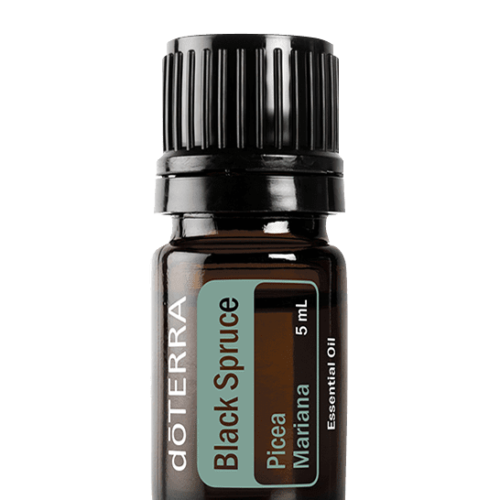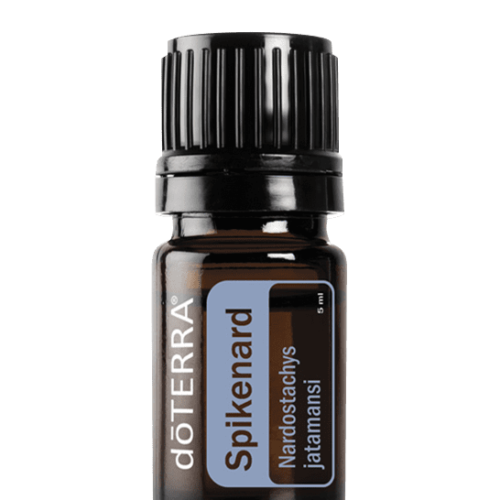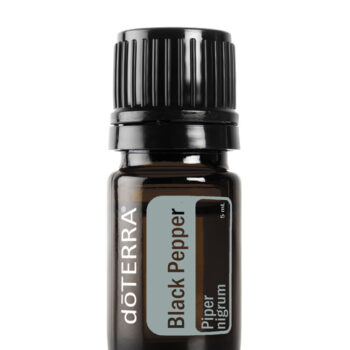Primary Benefits
- Adds to a soothing, calming massage
- May promote a healthy cardiovascular system when ingested
Aromatic Description
Warm, herbaceous, woody
Collection Method
Steam distillation
Plant Part
Leaf
Main Constituents
Terpinen-4-ol, trans-sabinene hydrate, γ-terpinene
Description
Also known as “wintersweet” or “joy of the mountains,” Marjoram was known to the Greeks and Romans as a symbol of happiness. Marjoram has been used in culinary dishes, imparting a unique flavor to soups, stews, dressings, and sauces. In Germany, this herb is known as the “Goose Herb” for its traditional use in roasting geese. In modern applications, Marjoram oil is valued for its calming properties and its positive benefits when used during a soothing massage. It also supports both healthy cardiovascular and immune systems when ingested.
Uses
- Apply Marjoram oil to the back of the neck to lessen feelings of stress.
- Apply to a fussy child’s feet prior to a nap.
- Replace Marjoram essential oil in your next recipe that calls for dried Marjoram.
- Apply Marjoram Oil to muscles before and after exercising.
Directions for Use
Diffusion: Use three to four drops in the diffuser of your choice.
Internal use: Dilute one drop in four fluid ounces of liquid.
Topical use: Apply one to two drops to desired area. Dilute with doTERRA Fractionated Coconut Oil to minimize any skin sensitivity.
This oil is Kosher certified.
Cautions
Possible skin sensitivity. Keep out of reach of children. If you are pregnant, nursing, or under a doctor’s care, consult your physician. Avoid contact with eyes, inner ears, and sensitive areas.
